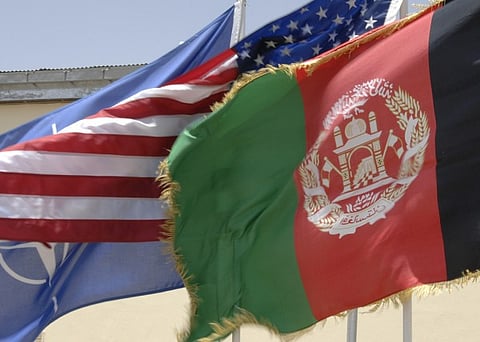The 16 days of talks in Qatar between the US and the Taliban from late February into March did not yield a breakthrough but intensified concern, among Afghans, about the parameters of a settlement negotiated between the two parties. While details of any progress were kept under wraps, discussions about a ceasefire and the involvement of the Afghan government were apparently relegated to a later stage of negotiation. The talks appear to have concentrated on hammering out more text regarding the two matters that most interest the parties at the table: US troop withdrawal and Taliban guarantees against an al-Qaeda return to Afghanistan.
Before he became the US president, Donald Trump had made clear he couldn't wait to end a mission for people he considered ungrateful for American help. He has tweeted repeatedly on the subject: "we waste billions there"; "We are building roads and schools for people that hate us". Although he seems to refrain – at least publicly – from putting time pressure on his chief negotiator, there is no indication he has changed his mind on a withdrawal from Afghanistan. The Taliban want the withdrawal of US troops in order to be able to implement their regressive social agenda without attracting too much international attention – which would also drop further with troops pulling out.

